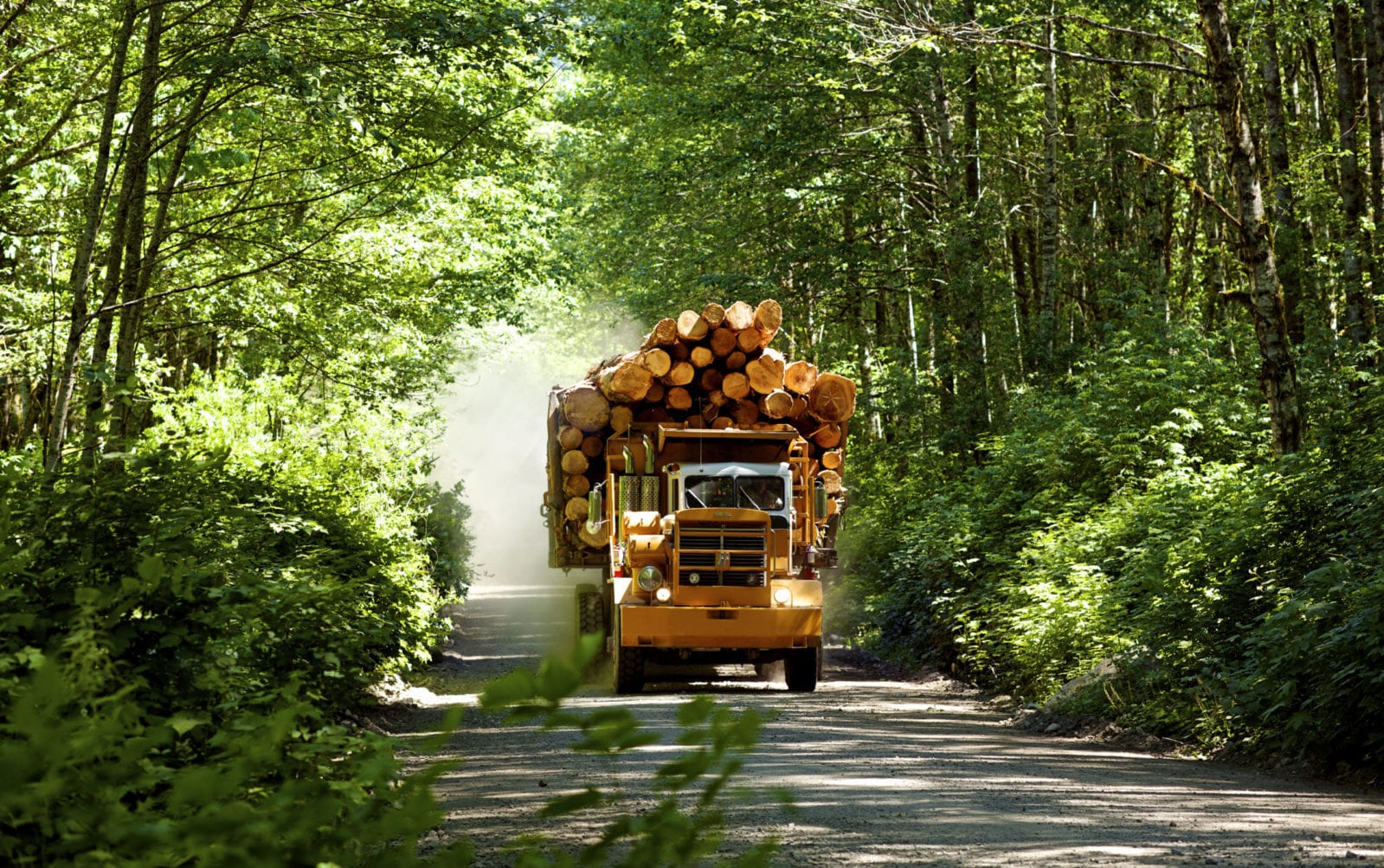A Robust Contributor to British Columbia’s Economy
In the realm of commodity trading, the forest sector of British Columbia (B.C.) stands out as a remarkable example of economic resilience and innovation. In 2020, this sector not only employed about 43,000 people but also contributed significantly to the province’s economy, making up 29% of B.C.’s total commodity export value. This translates to an impressive $11.5 billion, highlighting the sector’s critical role in both the local and global markets.
The Unique Qualities of British Columbia’s Softwood
Central to this success is the unique nature of British Columbia’s softwood tree species. These trees are characterized by long, slender, thin-walled fibers, which are highly sought after for their exceptional properties. When processed, these fibers create pulp with excellent tensile strength, consistency, and sheet dimensional stability. These characteristics make B.C.’s softwood pulp ideal for a range of high-quality paper products.
Diverse Range of Paper Products
The province’s mills are adept at transforming this valuable resource into a variety of essential products. Here’s an approximate breakdown of the key paper products manufactured from B.C.’s softwood:
Newsprint: B.C.’s mills produce a significant amount of newsprint, which remains in demand for newspapers and advertising materials. Despite digital media’s rise, newsprint from B.C. continues to be a vital export product.
Specialty Papers: These include a variety of papers with specific properties for unique applications, like thermal papers, label papers, and others. B.C.’s mills are known for their ability to customize products to meet specific customer needs.
Tissue and Towelling: Softwood pulp’s high strength and absorbency make it ideal for producing high-quality tissue papers and towelling products. These everyday essentials form a substantial part of the forest sector’s output.
Containerboard and Paperboard: These materials are essential for packaging and shipping, with uses ranging from cardboard boxes to protective packaging. The strength and durability provided by B.C.’s softwood fibers make these products particularly reliable.
Economic Impact and Sustainability
The forest sector’s contribution to B.C.’s economy extends beyond direct exports. It plays a vital role in supporting ancillary industries, from transportation and logistics to research and development. Moreover, there is a growing emphasis on sustainable and environmentally friendly practices within the sector, ensuring that this natural resource continues to support future generations.
Conclusion: A Testament to Natural Resources and Innovation
In conclusion, British Columbia’s forest sector is not just a major contributor to the province’s economy; it’s a testament to how natural resources, when managed innovatively and sustainably, can create diverse and high-value products that resonate in global markets. For commodity traders, B.C.’s forest sector represents a source of high-quality, sustainable products with a stable and growing market presence. As we look to the future, the sector’s commitment to sustainability and innovation positions it well to continue its role as a key player in the global commodity market.


Leave a Reply